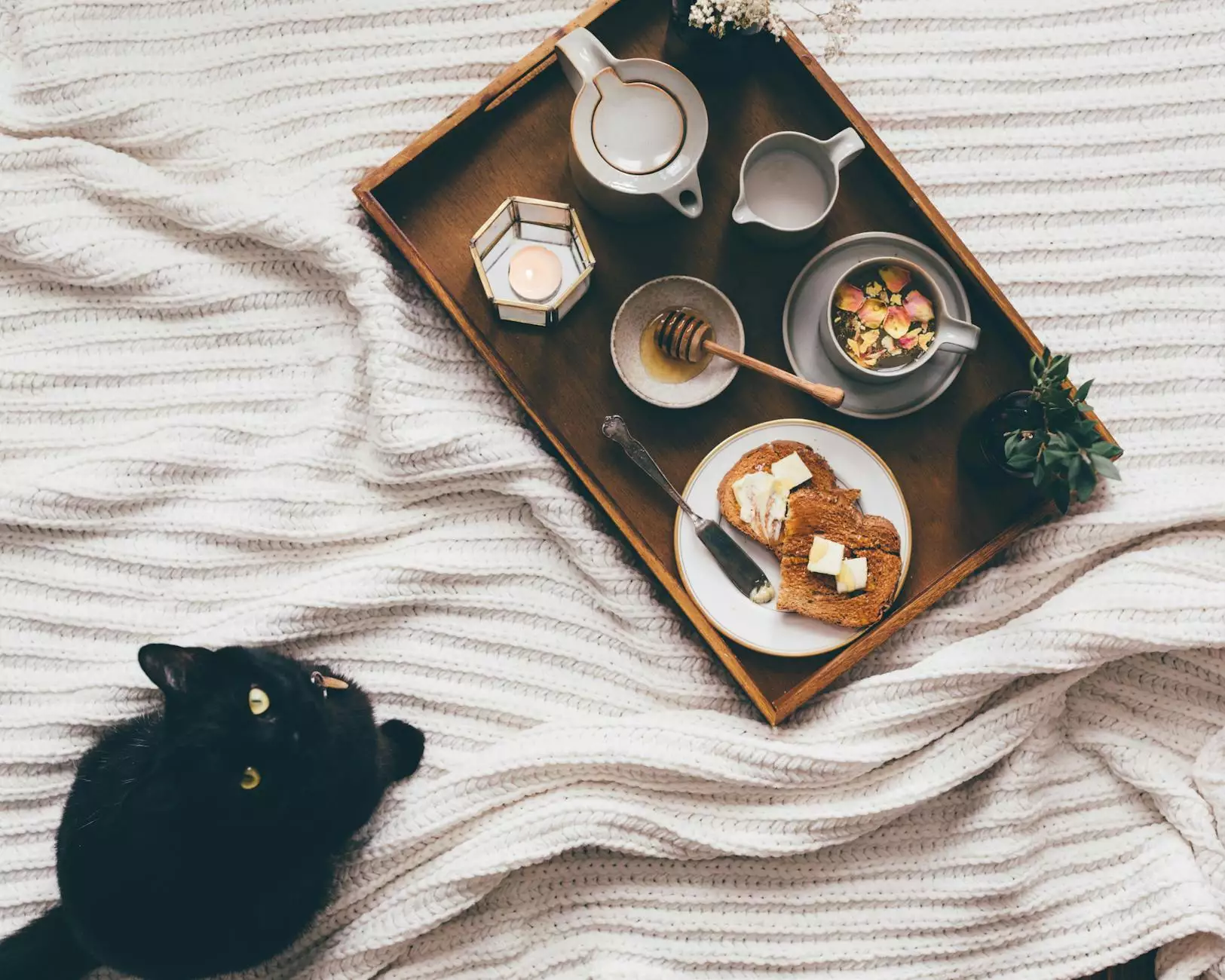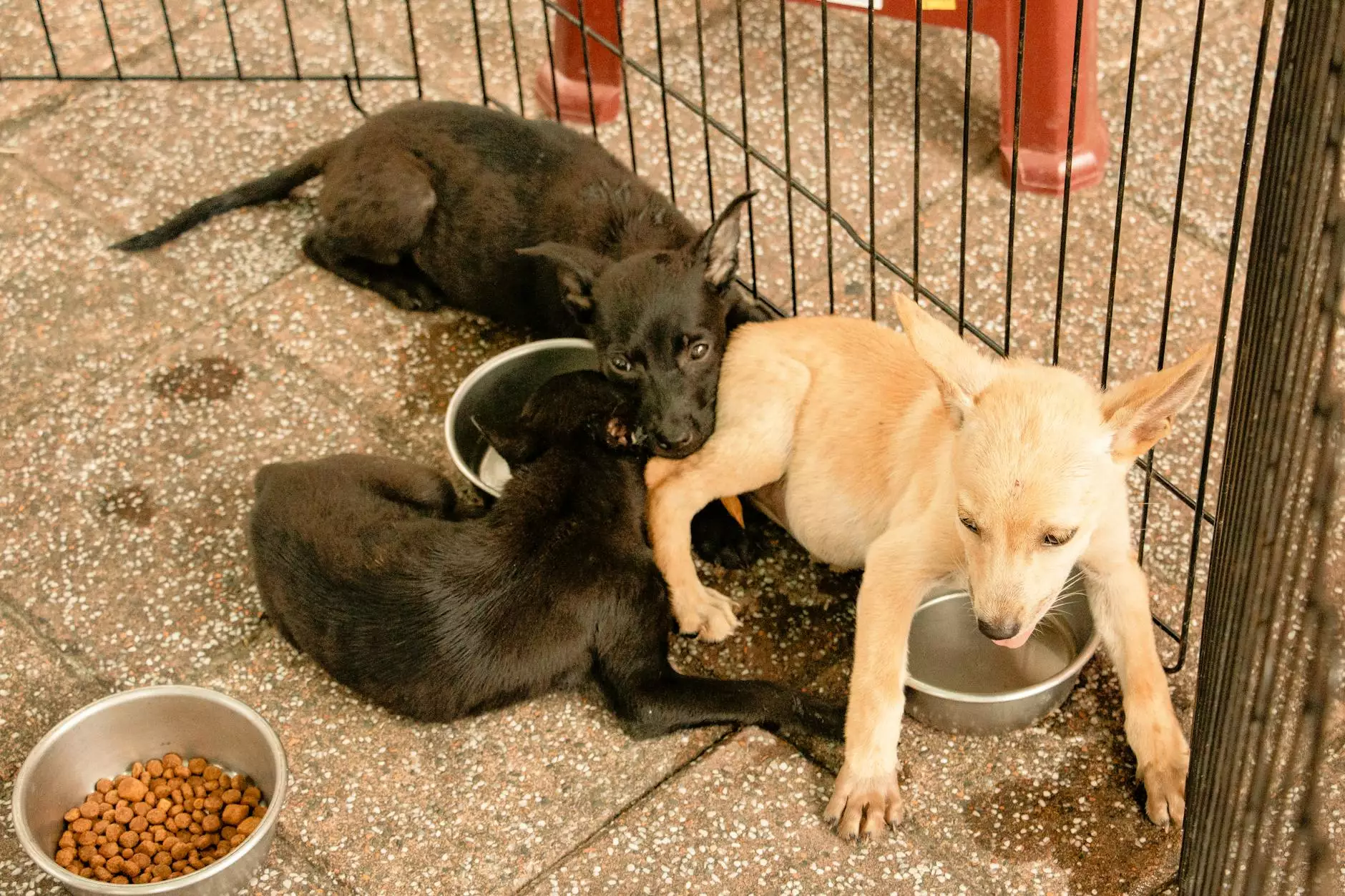What Foods are Toxic to Cats? Keep Your Feline Friends Safe and Healthy
Preservatives in Pet Food
The Importance of Knowing Which Foods are Toxic to Cats
As a responsible cat owner, it is crucial to understand which foods can be harmful or toxic to your beloved feline friends. Cats have unique dietary requirements, and certain human foods can pose serious health risks to them. By being aware of these potential dangers, you can ensure the well-being and longevity of your four-legged companions.
Common Foods That Are Toxic to Cats
While cats may exhibit curiosity towards certain foods, it is vital to remember that not all foods are safe for consumption. Here are some commonly found items in households that can be toxic to cats:
- Onions and Garlic: These culinary staples contain compounds that can cause damage to a cat's red blood cells, leading to potentially life-threatening anemia.
- Chocolate: Chocolate contains theobromine, a compound that cats cannot metabolize effectively. Ingesting chocolate can lead to symptoms such as vomiting, diarrhea, increased heart rate, muscle tremors, and even seizures.
- Grapes and Raisins: These seemingly harmless fruits can cause kidney failure in cats, resulting in a range of serious health issues.
- Caffeine: Human beverages or foods containing caffeine, such as coffee, tea, and energy drinks, can cause rapid heart rate, elevated blood pressure, restlessness, and even tremors in cats.
- Dairy Products: Contrary to popular belief, most cats are lactose intolerant. Feeding them dairy products can lead to digestive upset, including diarrhea and stomach discomfort.
Additional Foods to Avoid
Here are a few more foods that should be kept far away from your feline friends:
- Alcohol: The consumption of alcohol by cats can result in severe intoxication, leading to difficulties in breathing, metabolic disturbances, and even coma.
- Raw Meat and Raw Fish: Raw meat and fish have the potential to be contaminated with bacteria such as Salmonella or parasites that can cause severe gastrointestinal problems in cats.
- Bones: Cooked bones can splinter and cause internal injuries, while small sharp bones in fish can also pose choking hazards or lead to obstructions in the digestive system.
- Xylitol: Found in various sugar-free products, including chewing gum, candies, and baked goods, xylitol is extremely toxic to cats and can cause dangerous drops in blood sugar levels and liver failure.
- Unripe Tomatoes: Unripe tomatoes, along with their leaves and stems, contain a toxin called solanine, which can be harmful to cats.
Taking Preventive Measures
Now that you are aware of the foods that pose a risk to your cat's health, taking preventive measures becomes of utmost importance. Keep the following tips in mind:
- Proper Storage: Store all human foods away from your cat's reach, making sure they are securely sealed.
- Safe Disposal: Be cautious when disposing of foods, ensuring that your cat cannot access them.
- Educate Household Members: Inform everyone in your household about the importance of not feeding toxic foods to your cat.
- Choose Cat-Friendly Treats: Opt for specially formulated cat treats or consult your veterinarian for suitable alternatives to human foods.
- Regular Vet Check-ups: Schedule routine check-ups with your veterinarian to detect any potential health issues and seek professional advice.
In Conclusion
As a cat owner, it is your responsibility to be aware of the foods that can be toxic to your feline friends. By understanding the risks associated with certain human foods, you can take the necessary precautions to ensure the safety and well-being of your beloved pets. Remember, a well-informed cat owner is better equipped to provide a healthy and hazard-free environment for their feline companions.
For more information about cat care and the well-being of your Exotico Savannahs, visit ExoticoSavannahs.com.




